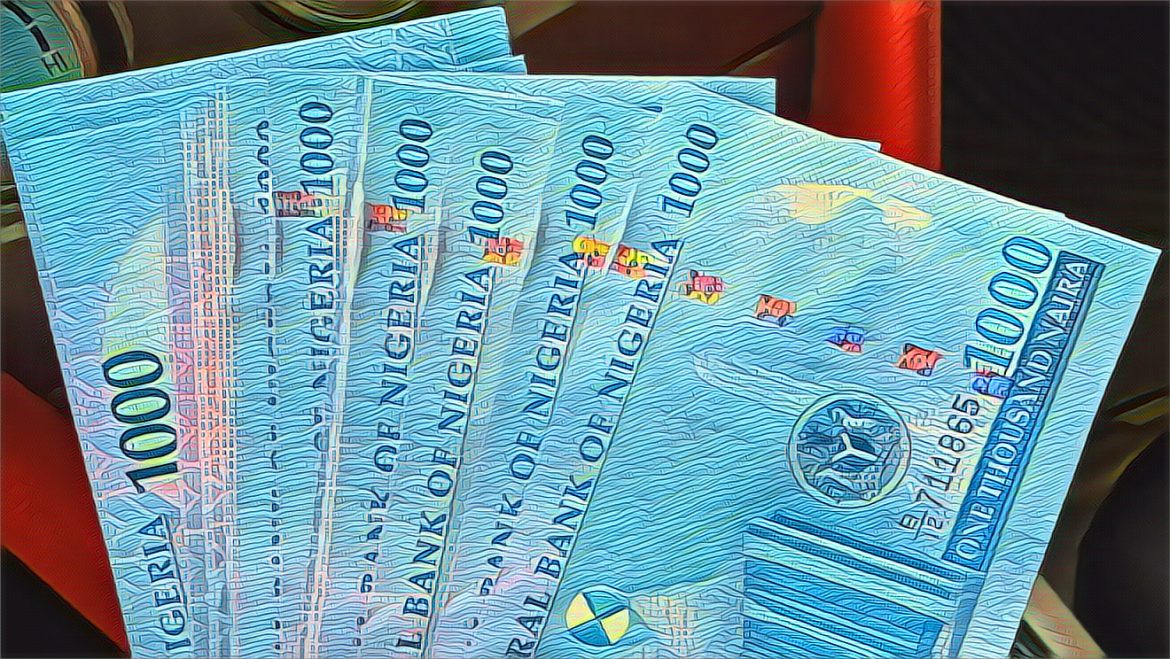Nigerian banks have increased their lending to the private sector to a record high of N54.76 trillion in August 2023, partly driven by the foreign exchange revaluation gains from the recent reforms by the Central Bank of Nigeria (CBN) and the loan-to-deposit ratio (LDR) policy.
According to data from the CBN, credit to the private sector rose by 3.69 percent or N1.95 trillion between June and August, from N52.81 trillion to N54.76 trillion. The growth in credit was also supported by the recovery of the economy from the recession in 2022, as well as the demand for loans from various sectors, especially agriculture, manufacturing, and services.
The CBN’s LDR policy, which was introduced in 2019, requires banks to lend at least 65 percent of their deposits to the real sector of the economy or face penalties. The policy aims to stimulate economic growth and job creation by increasing credit availability and reducing interest rates.
The CBN also implemented a major foreign exchange reform in June 2023, which collapsed all forex market segments into the Investors and Exporters (I&E) window, where market forces determine the exchange rate. The reform was intended to improve liquidity, transparency, and confidence in the forex market, as well as attract foreign investors and reduce pressure on the naira.
The forex reform also resulted in significant revaluation gains for banks that had foreign currency loans and assets, as the naira depreciated from N410 to N520 per dollar in the I&E window. The CBN instructed banks not to use these gains to pay dividends or meet operating expenses but to save them as a buffer against future volatility.
The increase in credit to the private sector is a positive development for the Nigerian economy, which is projected to grow by 3.2 percent in 2022 and 3 percent in 2023, according to the International Monetary Fund (IMF). The IMF also commended the CBN for its forex reform and urged it to pursue further measures to unify the exchange rate and eliminate distortions.
However, some challenges remain for the banking sector, such as the high level of non-performing loans (NPLs), which stood at 4.1 percent in June 2023, slightly above the regulatory threshold of 4 percent. The CBN has taken steps to reduce NPLs by implementing the Global Standing Instruction policy, which allows banks to deduct loan repayments from customers’ accounts in other banks and encourage loan restructuring and write-offs.
The banking sector also faces risks from rising inflation, which reached 18.7 percent in August 2023, eroding the purchasing power of consumers and businesses. The CBN has maintained a tight monetary policy stance to curb inflation and support the naira, keeping its benchmark interest rate at 11.5 percent since September 2022.
Despite these challenges, analysts expect banks to remain resilient and profitable in 2023 as they leverage their digital platforms, diversify their income sources, and optimize their cost efficiency. Banks are also expected to continue supporting the economic recovery and diversification by lending more to sectors that have potential for growth and social impact, such as agriculture, health care, education, and renewable energy.
Source: BusinessDay


